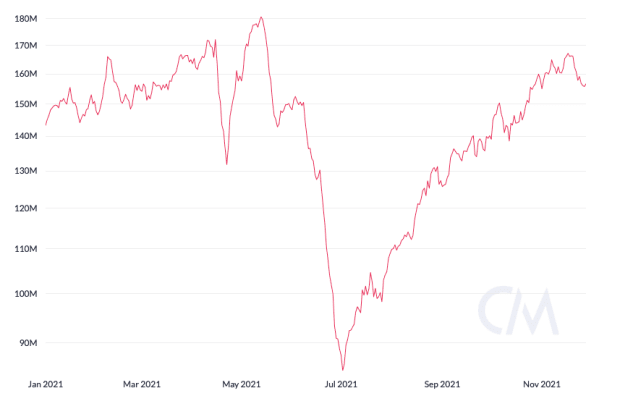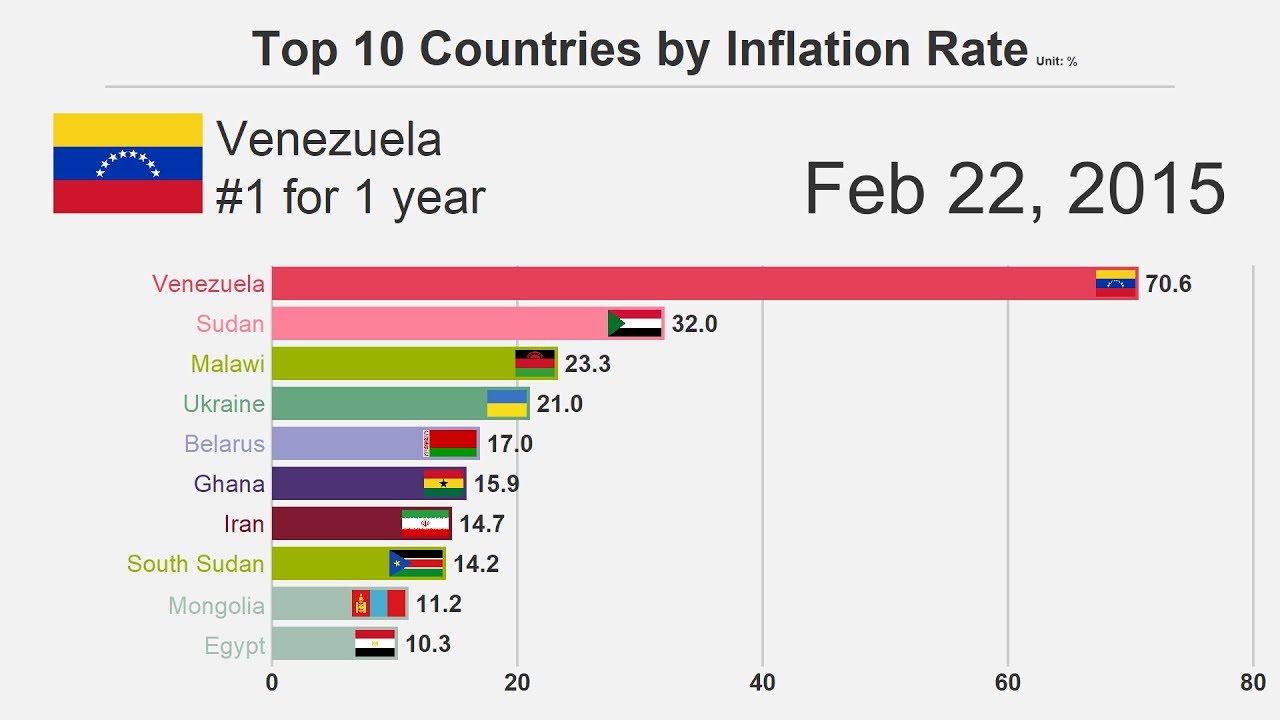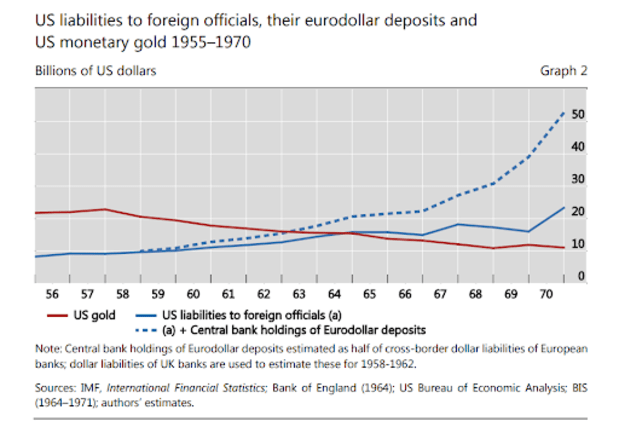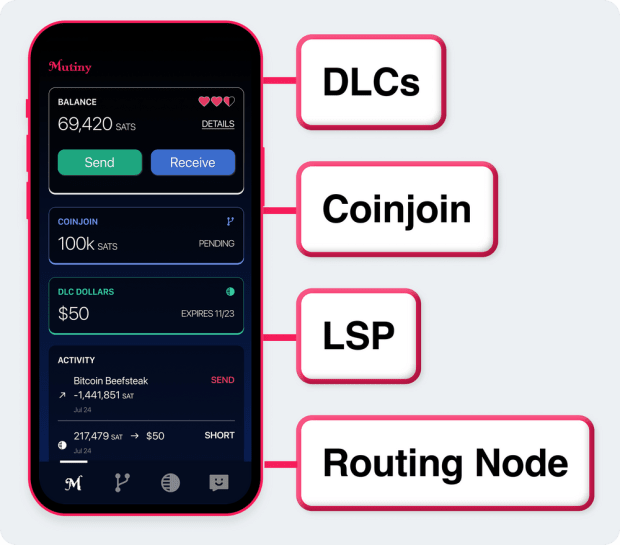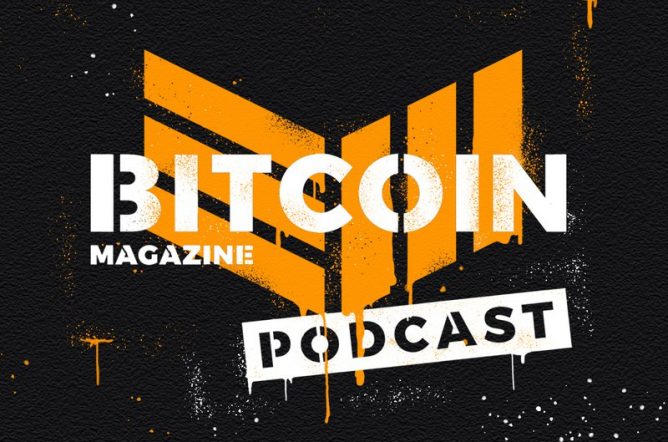Why Bitcoin Will Usurp Fiat As The World’s Medium Of Exchange
The competition will become clearly one-sided as the black hole of value that is bitcoin absorbs everything around it.
Bitcoin was never going to be a store of value… until it was. It was never going to become a reserve currency, right up until the point when major businesses and investors started converting their fiat treasuries into bitcoin. And the next thing the “experts” have mistakenly assumed is that bitcoin will never be a fully-fledged currency, a medium of exchange — yet that too is changing.
This isn’t Bitcoin boosterism, a bullish opinion based on wishful thinking. It’s the cold, hard and infallible logic of free market capitalism. But the doubters are right about one thing.
Bitcoin is never going to be like cash: its ambitions go far beyond fiat’s capabilities.
With the development of Layer 2 technologies, Bitcoin is creating a parallel economy based on self-sovereignty and protecting users from the more cynical and intrusive developments we’re seeing in traditional commerce and the financial service industries. Rather than compete with fiat, Bitcoin offers its users a completely different way of thinking about how they hold and transfer value. That’s why it won’t just be another medium of exchange; it will be the ultimate one.
Bitcoin Answers Its Critics
First, let’s address what Bitcoin’s critics have gotten (half) right. It’s true that for many years after its birth, bitcoin was unwieldy and unsuitable as a currency. Transactions took too long to record on the blockchain, making it too cumbersome for most day-to-day purchases.
And so it would have stayed if not for the inevitable development of Layer 2 infrastructure. We don’t need to go into the technicalities, but suffice to say that Bitcoin’s inventor fully understood its limitations at birth and predicted the development of protocols like the Lightning Network and the Liquid sidechain.
Most users only need to know that the Lightning Network enables near-instantaneous microtransactions, making it perfect for consumer applications like buying coffee or second-by-second payroll settlement. Liquid is also a leap forward in speed but is more suited for high-value transactions; its main unique selling proposition (USP) is enhanced privacy, making it especially suited for businesses that don’t want to reveal sensitive financial information.
Liquid and Lightning provide the platform for a range of new consumer and business services like Phoenix Wallet and Strike that make transacting with bitcoin as easy as using a banking app. These technical developments were necessary to enable bitcoin to become a way to pay, but they are not in themselves particularly strong drivers of adoption. To explain why bitcoin will become a medium of exchange — and more rapidly than many expect — we need to look at fiat’s growing privacy problem.
Slave Versus Sovereign
To its doubters, the Bitcoin network’s pillars of privacy and self-sovereignty seem rather unnecessary — paranoid, even. As authoritarians have argued throughout history, if you’ve got nothing to hide, you have nothing to fear.
Some people are happy to be constantly tracked and categorized by everyone from government agencies to digital marketers. But most people’s opinion changes when they encounter concepts like consumer-specific pricing, which raises the price of items depending on how much you’re willing to pay.
It’s true, tech giants really do know us better than we know ourselves. And price gouging is only one chilling example of how our financial data can be mined to manipulate us. You don’t have to be a libertarian to deplore the idea that your day-to-day spending will dictate everything from the financial ads you see to the interest rate on your mortgage. Ordinary people are well aware that “free” services like social media require them to sacrifice their privacy. When the cost is financial, however, self-sovereignty and privacy suddenly become much more attractive.
But the choice between slave and sovereign is only one impetus behind bitcoin’s ascendancy as a medium of exchange. At least as important is its adoption by corporations for secure, uncensorable transactions, followed by payroll as businesses chasing cheaper overseas talent realize that bitcoin avoids the costs and complexity of international fiat transfers.
Bitcoin’s most ardent champions argue that it will bring a sudden, dramatic downfall of “old money,” but it’s hard to see Bitcoin supplanting banks and hyperscale payment rails like EMV overnight. What’s more likely is also more interesting: we are seeing the creation of two parallel economies, fiat and Bitcoin, with everyone free to choose the system that suits them best. That’s how Bitcoin ascends to supremacy — not by killing the competition, but by offering a fundamentally different model of transferring value through time and space, letting the market decide.
Legend has it that Alexander the Great wept because there were no more worlds to conquer.
Bitcoin faces the same prospect: when it is established as the preeminent medium of exchange, there will no longer be any criticism left to prove wrong.
This is a guest post by Nik Oraevskiy. Opinions expressed are entirely their own and do not necessarily reflect those of BTC Inc or Bitcoin Magazine.



